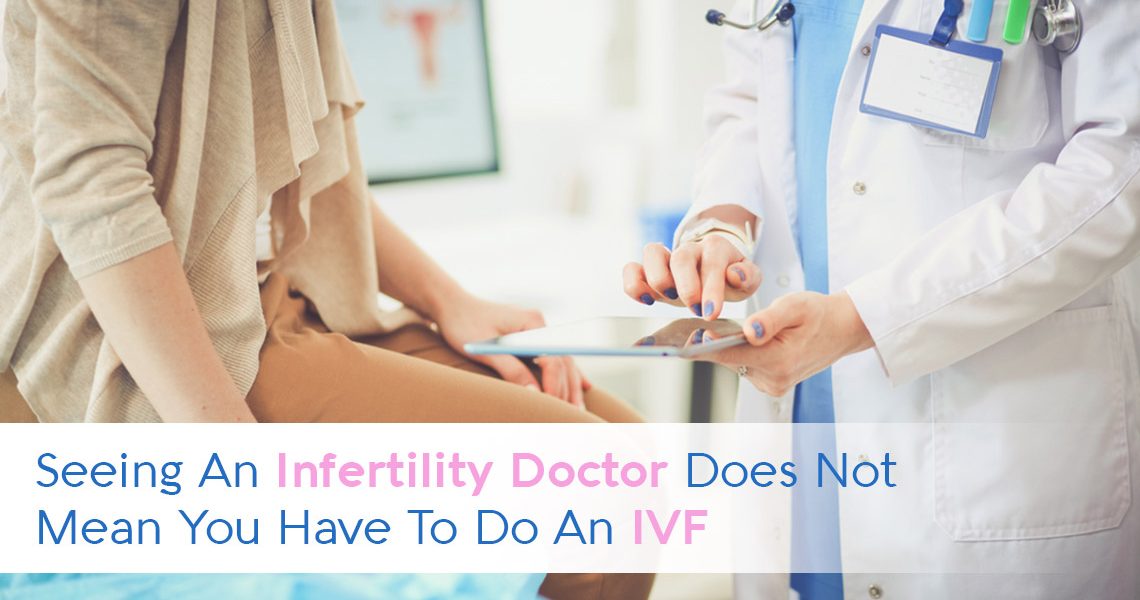All Categories
Featured
Table of Contents
How Do I Find A Fertility Facility New Mexico Service?
Many individuals require fertility help. This consists of men and ladies with infertility, many LGBTQ individuals, and single people who prefer to raise children. An approximated 10% of women report that they or their partners have ever gotten medical help to end up being pregnant. In spite of a requirement for fertility services, fertility care in the U.S.

Usually, fertility services are not covered by public or private insurance providers. Fifteen states require some personal insurance providers to cover some fertility treatment, however substantial spaces in protection remain. Just one state Medicaid program covers any fertility treatment, and no Medicaid program covers artificial insemination or in-vitro fertilization.

This implies that in the absence of insurance coverage, fertility care is out of reach for lots of people. Less Black and Hispanic women report ever having utilized medical services to become pregnant than White females. This is an outcome of many factors, including lower earnings on average among Black and Hispanic ladies as well as barriers and misunderstandings that might deter ladies from seeking assistance with fertility.
What Does Infertility Center Albuquerque Nm Cost?
Transgender individuals going through gender-affirming care might also not satisfy criteria for "iatrogenic infertility" that would certify them for covered fertility preservation. Lots of individuals need fertility support to have kids. This could either be due to a medical diagnosis of infertility, or since they remain in a same-sex relationship or single and desire kids.

Fertility treatments are pricey and often are not covered by insurance coverage. While some private insurance strategies cover diagnostic services, there is extremely little coverage for treatment services such as IUI and IVF, which are more pricey. Many people who utilize fertility services need to pay of pocket, with expenses frequently reaching thousands of dollars.
About 25% of the time, infertility is caused by more than one factor, and in about 10% of cases infertility is unusual. Infertility price quotes, however do not represent LGBTQ or single individuals who might also need fertility assistance for household building. For that reason, there are different reasons that might prompt people to look for fertility care. small dumpster rental prices.
Who Is The Best Fertility Facility New Mexico Company?
Patient Details Series. 2017 Our analysis of the 2015-2017 National Study of Family Development (NSFG) discovers that 10% of ladies ages 18-49 state they or their partner have ever spoken to a physician about methods to help them conceive (data disappointed).3 Among females ages 18-49, the most frequently reported service is fertility suggestions ().
Many patients lack access to fertility services, mainly due to its high expense and minimal protection by personal insurance coverage and Medicaid. As an outcome, lots of people who use fertility services must pay out of pocket, even if they are otherwise guaranteed. Expense costs vary commonly depending on the client, state of house, service provider and insurance plan (construction dumpster rental near me).
Figure 3: Fertility Treatments Usually Cost Patients Countless Dollars Insurance coverage of fertility services varies by the state in which the person lives and, for people with employer-sponsored insurance coverage, the size of their company. Lots of fertility treatments are not considered "clinically essential" by insurance companies, so they are not typically covered by private insurance coverage strategies or Medicaid programs.
Who Has The Best What Is Fertility Center New Mexico Service?
g., testing) are most likely to be covered than others (e. g., IVF). A handful of states need protection of fertility services for some fully-insured personal plans, which are controlled by the state. These requirements, nevertheless, do not use to health strategies that are administered and funded directly by companies (self-funded plans) which cover 6 in ten (61%) workers with employer-sponsored health insurance coverage.
2 states (CA and TX7) need group health plans to provide a minimum of one policy with infertility coverage (a "mandate to provide"), however companies are not needed to choose these plans. Figure 4: Most States Do Not Need Personal Insurance Companies to Offer Infertility Advantages Nevertheless, in states with "mandate to cover" laws, these just use to particular insurers, for specific treatment services and for specific patients, and in some states have monetary caps on expenses they should cover ().
In other states, practically all insurance providers and HMOs are included in the required (small dumpster rental). Many states supply exemptions for little companies (
Latest Posts
How Much Does It Cost To Hire A Infertility Clinic New Mexico?
What Is The Best Fertilization Center New Mexico?
What Are The Best Fertility Site New Mexico Companies?